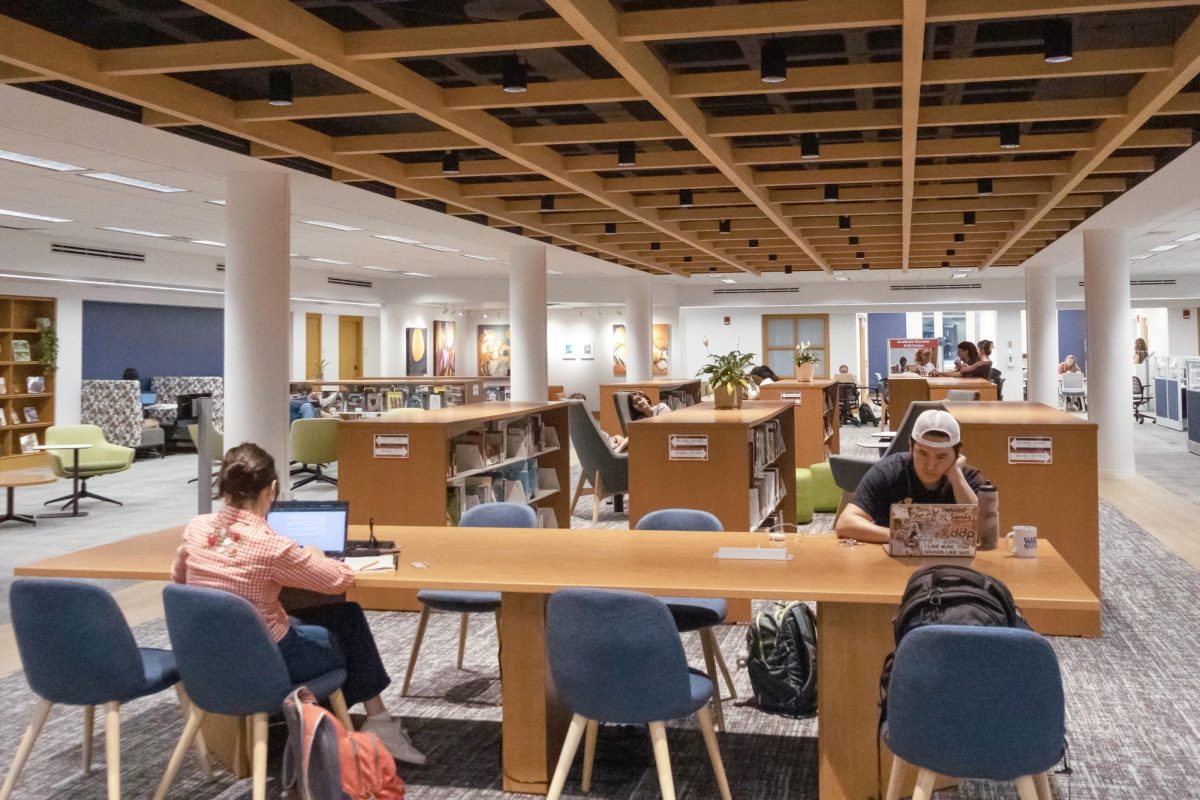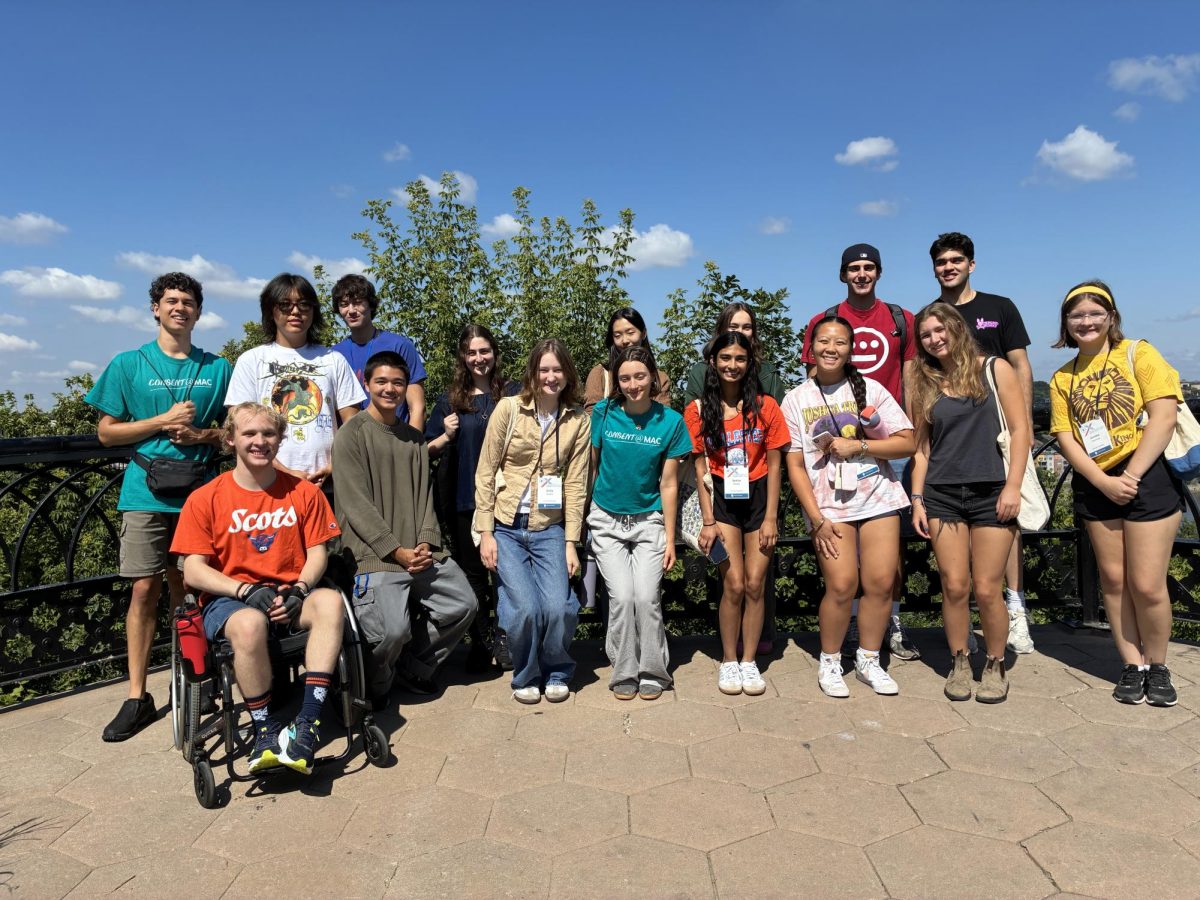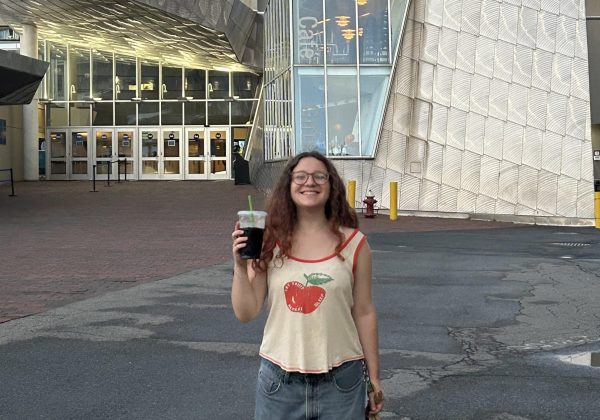In June of 2022, Roe v. Wade, a Supreme Court (SCOTUS) decision that protected the right to an abortion, was overruled. The case had initially been brought in front of the Court in 1973 by Norma McCorvey (under the pseudonym “Jane Roe”) who became pregnant with her third child and wanted an abortion. The issue, though, was that she lived in Texas, where abortion was illegal except when necessary to save the mother’s life. In the end, the Court agreed with McCorvey’s lawyer, who argued that this restriction was unconstitutional, stating that the right to an abortion was “fundamental”. This interpretation stood as fact for almost 50 years. Until, that is, the sitting justices determined that the right to an abortion was not protected by the constitution and thus the initial ruling was incorrect. The court overturned Roe v. Wade, and abortion suddenly was an issue of the individual states once again.
As soon as SCOTUS released their decision, Dobbs v. Jackson Women’s Health Organization, it became clear just how much this choice impacts and will impact adolescents, specifically those who can get pregnant. When discussing the overturning of Roe v. Wade, we often look at physical health, citing medical complications and maternal mortality. However, the impact on mental health will be the most lasting detrimental result of the decision for today’s adolescents and for those in the decades to come.
Firstly, there is the effect we are seeing now on the mental health and well-being of adolescents. At this point, adolescents, or people between the ages of 15 and 19, are already facing a mental health crisis. A recent analysis by Bloomberg School researchers found a small but statistically significant increase in anxiety and depression symptoms in states that banned abortion, compared to those in states that did not enact bans. The changes were most pronounced among female-identifying people ages 18 to 45.
They are also at risk of being denied access to abortions due to the additional barriers they face simply because of their youth, including travel, financial shortcomings and the limitations placed by parents and other guardians. These secondary factors further increase the difficulty for young people to receive the sexual healthcare they need. All of this exacerbates the anxiety and stress that comes with these abortion restrictions existing in the first place.
It is adolescents of color, though, who bear the brunt of this burden and who are most impacted by the SCOTUS decision. Pascale Chrisphonte, M.D. and Eraka Bath, M.D. write in their paper, “Overturning Roe v Wade and Planned Parenthood v Casey,” that “Lack of access to reproductive care … will adversely impact the physical and mental health of … Black and Brown youth, many of whom experience systemic racism and are in systems that leave them structurally vulnerable.”
Black people have always been disproportionately targeted by decisions like this. For one, they are more likely to live in states subject to abortion bans. But Black people “are [also] five times more likely to pursue abortions than white people (due to reasons such as difficulty accessing contraception, the likelihood of being uninsured, and higher rates of both pregnancy complications and maternal death, among other reasons),” Chrisphonte and Bath wrote. As such, these geographical restrictions impact this population even more.
All together, these points highlight the distinct ways in which specific groups of adolescents are even more impacted by these restrictive laws as a result of social, geographical and financial oppression.
Next is an arguably more concerning impact: how growing up in a country where bodily autonomy is not a guarantee will affect both today’s and future adolescents.
In his article “What Overturning Roe v. Wade Means Psychologically for Teens Who Could Get Pregnant,” Frank C. Worrell, president of the American Psychological Association, said that he is worried we are on the brink of a “psychological crisis” caused by the intense political turmoil in the U.S. today. Audriannah Levine- Ward PsyD, LMHC, from Seattle Counseling and Wellness backs this up, saying that increased fear and hypervigilance, apathy and hopelessness are something to be aware of in adolescents dealing with the SCOTUS decision.
Then there is the other side of the argument, the pro-life movement, which fights against abortion and reproductive care. Their arguments rarely focus on the actual needs of the people involved. Pro-life arguments often lack insight into the future implications of denying this care, such as how “people who are denied access to abortions demonstrate higher levels of anxiety, lower life satisfaction, and lower self-esteem,” according to the Jed Foundation. Or how as of 2024, 400,000 children reside in foster care across the United States. This is a number that demonstrates how there are hundreds of thousands of people forced to give birth who cannot support the child, and without the necessary resources to help raise a child or even just get an abortion, this number will only continue to grow.
Furthermore, this deeply connects to the psychological crisis, as “children and adolescents are at higher risk of dying by suicide if they are exposed to adverse childhood experiences such as abuse, racism, or poverty. With the overturning of Roe v. Wade, many women will be forced to have children they cannot support, and even before that, many women will not receive adequate prenatal care in these forced pregnancies,” Amanda J. Calhoun, MD, MPH writes in her article “The Kids Were Already in Crisis Before Roe Ended.” All of this shows how truly dangerous the impact of this decision has been and will continue to be. Today’s adolescents, and those born as a result of these restrictions, will experience deep and lasting mental health issues in the years to come.
In the years since, it has become abundantly clear that the impacts of this overruling are not stopping anytime soon. People all around our country are suffering as a result of the eradication of their bodily autonomy. It is a national tragedy, and it will only continue to affect people if federal action is not taken. Until then, though, there are resources at our disposal to support ourselves and the ever-growing pro-choice movement. Macalester provides contraceptives as well as access to medical care that can assist with obtaining birth control and other related tools. Additionally, there are clubs on campus, such as Pro-Choice@Mac, that facilitate discussions as well as opportunities to help contribute to expanding access in the realm of sexual health.












